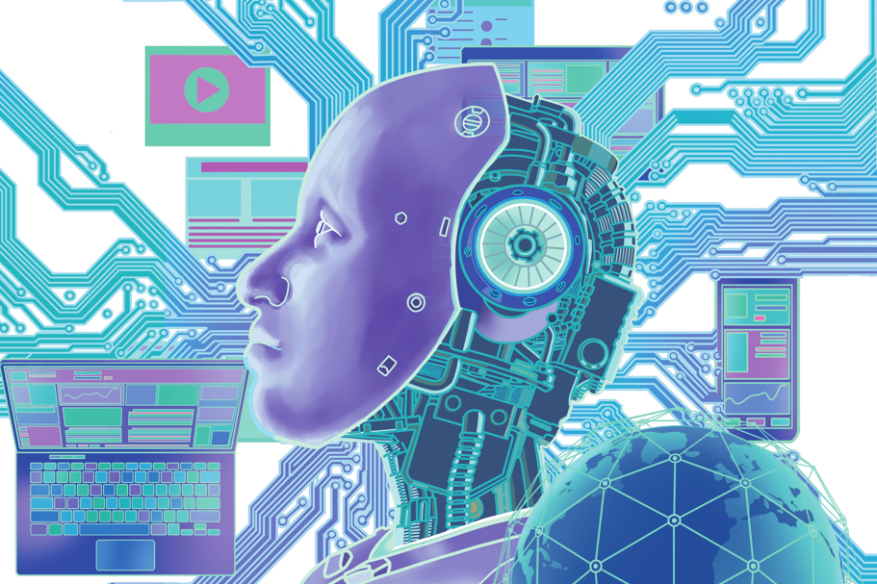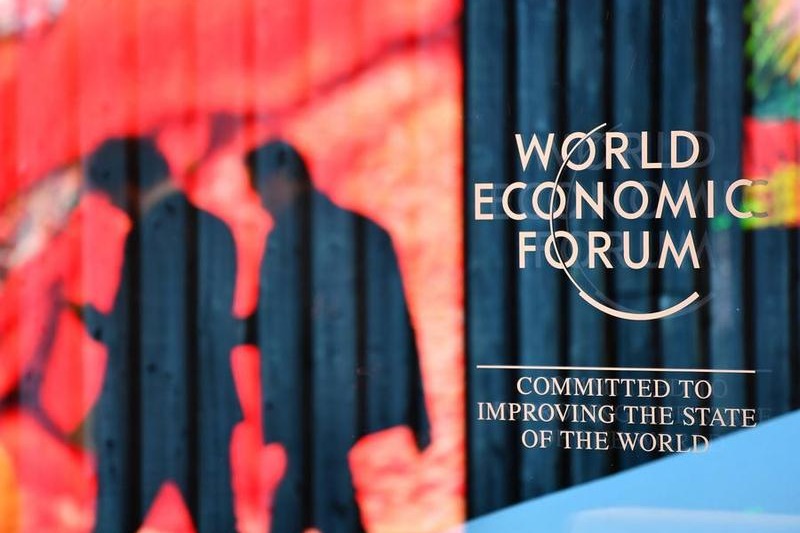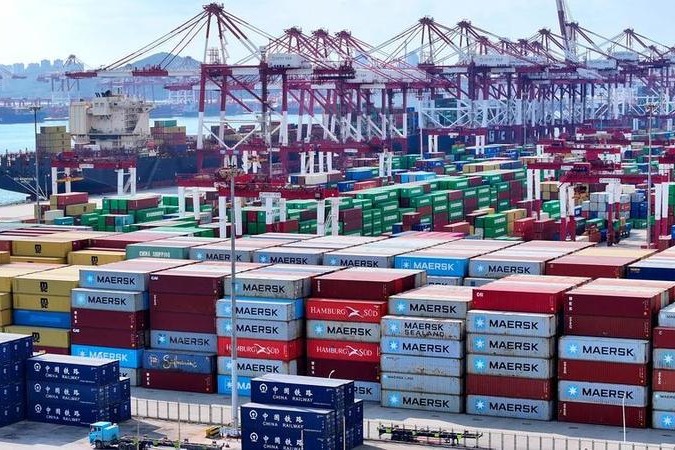Different paths, same goals: an American's perspective


Recently I was having a conversation with a friend of mine, a young Chinese woman with an already impressive career. We were discussing how each of us came to where we are in life. I told her my story, being born and raised in the United States, and how I came to be where I am now.
When the conversation turned to her own story, what she said started me thinking. She was raised in a small town in China, to parents of minimal means. Knowing from an early age that she would need to work and study very hard to make it out of her social stratus, that's exactly what she did. Every day she would go to school, help her parents, and study. All the while dreaming of a better life, both for her and her family. Though she wasn't dreaming in some ambiguous, idealistic way. She was dreaming of the day she would take the test that would define her entire adult life, the gaokao.
The gaokao is a standardized test created in 1952 that nearly every Chinese student takes their senior year of high school. As Americans we may think this sounds a lot like our SAT's, and in theory it does. In practice, that couldn't be further from the truth. Put simply, the gaokao is the single most important test of a Chinese citizen's life. Do poorly on it and your choices of university, or even your ability to go to university is very limited. Do great on the test, and you can go to the best schools in the country.
Every child in China learns this from an early age, but not everyone focuses so determinedly as my friend. Every day she spent preparing for her future, and when the time came to take the test that would define her life, she surpassed even her own expectations. She did so well that she was accepted to the best university in China. Because food and housing are heavily subsidized, and tuition extremely low, she was able to attend with no financial concerns. In college her attitude toward study didn't change, and by the time she graduated she was able to choose from many lucrative job offers. I won't say what she chose, but suffice it to say, she and her family's prospects improved immensely.
As she and I spoke of the unlikely journey she had taken in her life, I was taken by how much this reflected the American dream; to work hard and lift yourself up to a better situation than you were born in to. She said to me, "Joshua, this is also our Chinese dream." A thought I pondered for a while. Sometimes we focus so much on our differences that we don't see how similar we actually are. The American dream and the Chinese dream, though not the exact same, have their roots in the same word: possibility. The possibility that with enough effort, you can change your fortune, change your lot in life. In other words, both the American dream and Chinese dream are built on the idea of social mobility. So if our dreams are similar, why do we approach them with such different attitudes and seemingly incompatible methodologies? I believe the answer lies in our history.
As an American, I was raised to believe that my voice matters, my identity matters, that I can do anything I set my mind to. These ideals come from western philosophy and the democratic ideal. The ideal that says the people should be able to decide what life they choose for themselves. That idea, and the system we have built around it, has allowed America to achieve amazing things. The American dream is a dream that has brought millions of immigrants to our shores looking for a better life.
What about China? How do Chinese people achieve their dreams? Like America, I believe their ideals are also rooted in the past. The imperial exam was first instituted during the Han dynasty (206 BCE to 220 CE) and was completely standardized in the Tang dynasty (618 CE-907 CE). One standard test for anyone wishing to become part of the bureaucracy, no matter their status, wealth, or family name. At that time and throughout most of history, China was an agricultural society. With no real merchant class and the artisan class in its infant stages, one was typically either a farmer, crafter, or some form of government bureaucrat. Therefore, the ability for a poor farmer to take a test and change their social status was groundbreaking. For the first time in Chinese history real social mobility was possible, not just for the individual, but their entire family.
Passing the imperial test meant that you were now part of the bureaucratic class, an immediate change of status. Your home, your clothing, your means of travel, all aspects of your life would improve just by passing this single test. Of course, that is not to say that passing the imperial test was a simple thing. First, you had to be able to read. Second, you had to read a lot. And third, you had to dedicate yourself to the Confucian classics, literally being able to recite them word for word. It was not a task for the faint of heart or weak willed. Only those willing to apply themselves completely could possibly pass, but for those that did it was life changing.
The imperial exam survived many changes in dynastic rule until finally being done away with in 1905, six years before the fall of the Qing dynasty, China's last dynasty. Having lasted for over 2,000 years, the imperial exam had an enormous impact on Chinese culture and understanding. Therefore, when China stepped into modernity, it should be no surprise they kept the system of standardized testing in place. Only now, a high score sent one to a good university as opposed to the bureaucracy.
Two systems, one dream
Our world is a modern one. Our systems, our ways of life, our understanding have all changed dramatically over the last century and a half. This is true for the US as well as China. But modernity does not mean that traditions, culture and self-identity simply die. With every iteration of societal change we take with us the seeds from past generations. In the US we have taken our heritage of self-determinism, free thinking, and entrepreneurism and molded our own dreams around those principals. When I look at the thought leaders and influencers in our society I get the very clear message that I should think for myself, chase my passions, and work hard to achieve my goals. My society tells me that if I do those things, I too can achieve the American dream.
When I look at China, I see people being told a different story. My friends in the middle kingdom are being told to focus on studying, to work hard for their families and society, and to put their nose down and climb their way to the top. If they do this, society says, they too can achieve their dreams. I believe this cultural difference derives from the different philosophies and systems our ancestors came from.
America was founded by adventurers and entrepreneurs. Our entire history is made of stories of personal glory, self-determination, and unrelenting optimism in the face of adversity. Chinese history is altogether different, full of stories about filial children, studious scholars, and loyal patriots. It is no wonder then, that our culture and self-concept differ widely. Sometimes making it hard to see one another as having anything in common at all.
So why then, in two nations with such a different past and present, do we share such a similar dream? I believe this answer is simpler than we make it, because no matter what culture or country you are from we all have the same human nature. It is human nature to dream of a better life. It is human nature to want to provide for yourself and your family. Society hasn't instilled those ideas inside of us, our humanity has. The story of America and China couldn't be more different, but we do have something very important in common. Both nations have seen wild success in recent times by calling upon their citizens to work hard towards their dreams.
Throughout history there has been one factor more than any other that has determined the success or failure of a dynasty, government or regime: The contentedness of its citizens. When an individual believes he or she has the ability to improve their life within the system they live, that system will survive and prosper. When individual citizens lose that belief, when they doubt they will ever be able to improve their lives, the system will inevitably fail. The US and China are the two strongest nations on earth precisely because of their people's beliefs in the systems they have. We can argue which system is better or worse, but at least we should all acknowledge that while not perfect, both are working, and both are steeped deeply in their own philosophical and historical backgrounds.
The author is an independent consultant in the United States.
The opinions expressed here are those of the writer and do not necessarily represent the views of China Daily and China Daily website.
If you have a specific expertise, or would like to share your thought about our stories, then send us your writings at opinion@chinadaily.com.cn, and comment@chinadaily.com.cn.


































